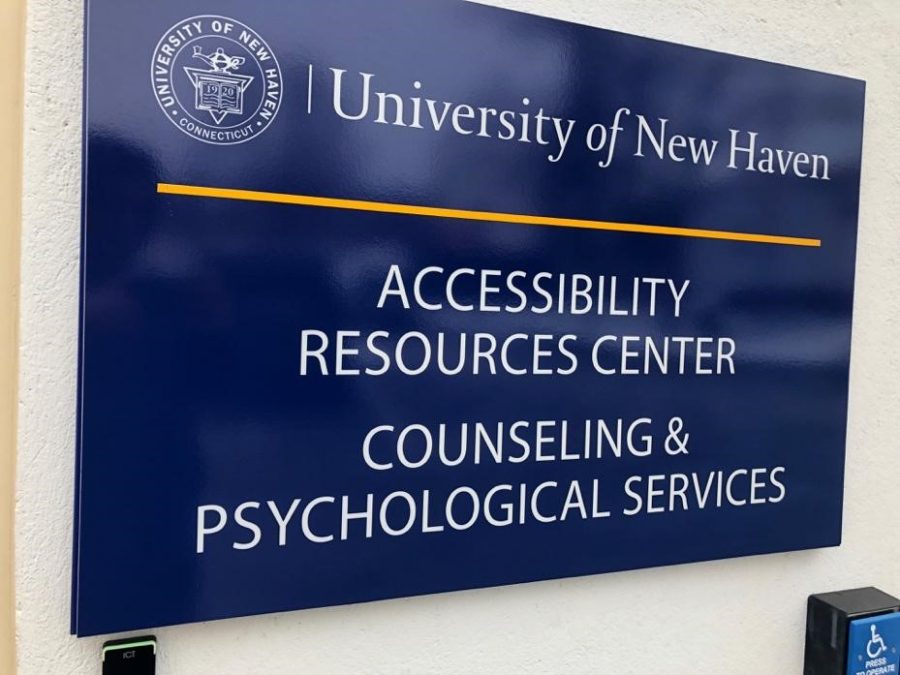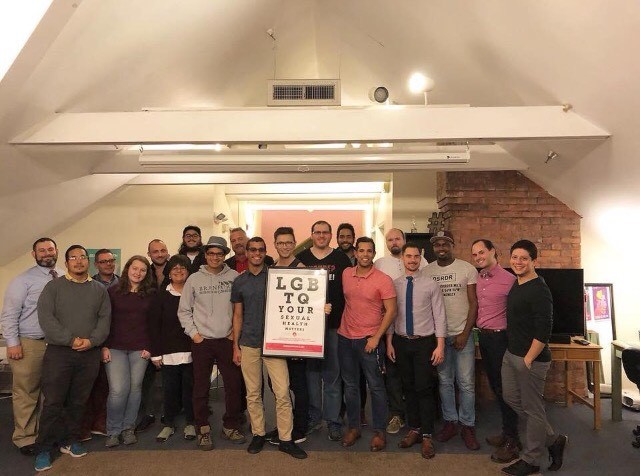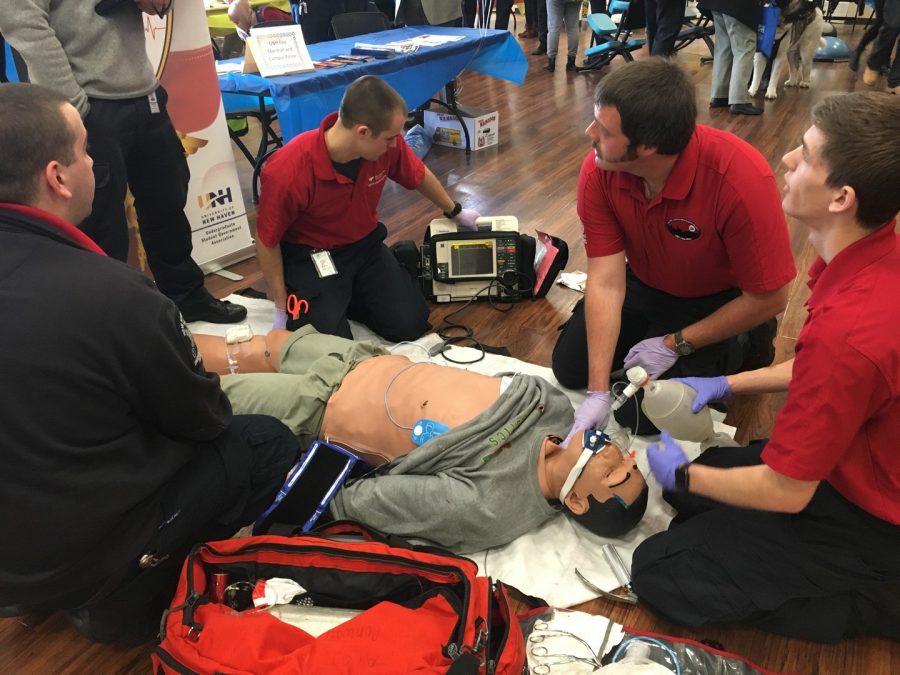A silent struggle permeates the lives of some college students: eating disorders. Upon walking onto a college campus, students are ensnared in the complex web of body image ideals, societal expectations and the relentless pursuit of perfection.
“As a whole you are all under so much pressure and really when it comes down to what eating disorders are all about – control,” said Sam Kent, a university CAPS clinician. “It’s not about the food, we’d love to think it’s about the food – it’s not. Food is a part of it, but it is about control. So, if we can’t control our grades, if we can’t control whether we get on the athletic team, or if we can’t control the outcome of a game, okay then we can control what we put on our plate.”
Kent is a board-certified therapist and a certified intuitive eating counselor. Kent assists individuals with eating disorders, disordered eating and people who struggle with food in general. Throughout her long career, she fell into her specialty in eating disorders while working at the Center for Discovery running client groups and meal preps.
Students face a spectrum of academic, social and professional pressures in the academic year. When high-achieving college students can no longer depend on an academic thrill to feel good, they seek positive emotions from controlled eating to fill the massive void. A study published in the Journal of the American Academy of Child and Adolescent Psychiatry found school achievements are associated with an increased risk of eating disorders in young adults.
Later in their college careers, while juggling the demanding academic routine of financing education, acing exams and submitting job applications, students must also learn to navigate diet culture and stress. Diet culture essentially worships thinness and equates skinny body images with health and moral values. Diet culture has pervasively smeared through various social media trends such as the satirical “girl dinner,” the influential “what I eat in a day” and the obsessive “calorie counting” phenomena.
“You are all on TikTok and it’s probably one of the best and worst things,” Kent said. “TikTok has given everyone a platform to say: ‘hey mental health is really important, let’s be more open about,’ but at the same time then you have people on there saying, ‘what I eat in a day,’ ‘here is what I eat in a day,’ ‘here’s what I did to lose weight.’ All these kinds of really unhealthy and diet culture things.”
From obsessive calorie counting to restrictive eating habits, the impact of these behaviors on young adults is profound and casts shadows on mental health and academic success. A Gallup poll surveyed more than 2,400 college students in March 2024 and reported that 66% of college students experience stress, while 51% experience increased worry throughout the day. Although stress can be a healthy motivation under certain circumstances, stress is often overwhelming and can lead to other issues like eating disorders.
“There are humans that are high functioning with their eating disorders because sometimes these things don’t phase them which is the trouble with getting treatment,” Kent said. “It’s like well, so what I only eat a meal a day? Big deal, I’m fine. Look at me, I’m doing all the things. I have no problem passing my exams.”
While some students can function in stressful situations with irregular eating, such eating habits can affect their body.
“At the surface level we’re seeing impacts on how we communicate with others, how we communicate with ourselves. It is also going to affect sleep; it is going to affect cognition,” she said. “Keep it up, it’s going to affect your gastrointestinal system. It is going to affect – for our biologically born female humans – you’re going to lose your menstrual cycle; you’re going to be growing hair in places where you shouldn’t be growing hair to keep your body warm and to regulate yourself. There’s a slew of really dangerous problems that can happen.”
Early identification and intervention play key roles in the successful treatment of eating disorders or disordered eating symptoms, Kent said.
“We see a lot of fear of processed foods, fear of carbs, cutting things out, going to the gym excessively, not sleeping, not eating in front of other people, and the list can really go on,” Kent said. “But the key things that I see is not eating three meals a day and trying to say that that’s okay. I also see an increase in any type of ‘exercise’ because it is very linked to diet culture – we like to call it movement because it is a celebration of what your body can do, not punishment for what we ate.”
With research revealing alarming trends in disordered eating behaviors among young college students, educators and health professionals are increasingly called upon to address these challenges head-on, fostering environments of support and understanding for students navigating their mental health, academic and professional performances and overall well-being.
The university offers a variety of resources for students struggling with eating disorders. The only criteria for students seeking help are to contact their clinician or staff member from the dean of students.
Dianne Polo, associate director for health, wellness education and prevention, oversees the campus pantry and the closet pantry at Ruden Street and helps students get access to stored food and clothing items.
Financially impacted students are also able to add meal swipes.
Sam Zajac, the campus registered dietitian, works with the university’s multi-disciplinary team alongside Kent. The team involves professionals from dietary, medical and clinical fields who work together to review cases and figure out how to support students through their eating disorders or disordered eating behaviors.
Are college students at risk for eating disorders?
Valentina Ortiz Elian, Contributing Writer
April 29, 2024
0
More to Discover













